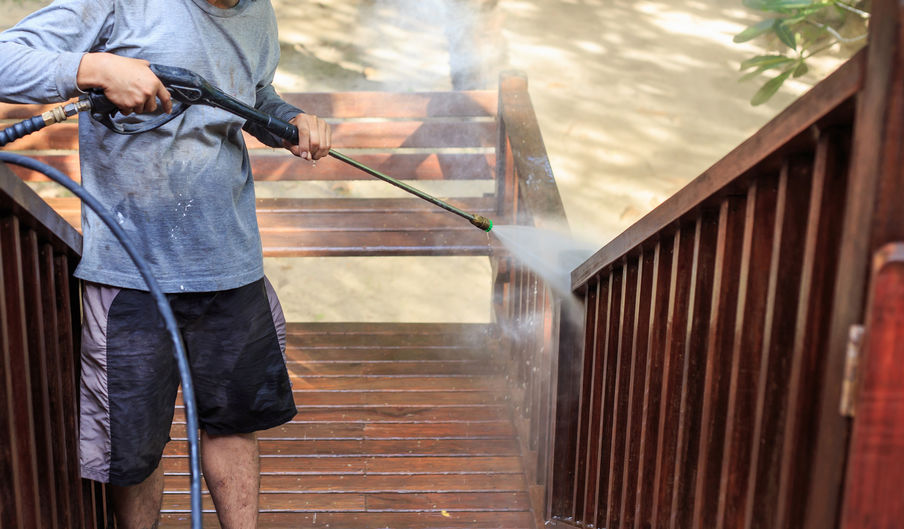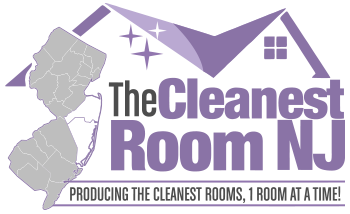 Power washing entails the use of water under very high pressure in order to remove dirt and to eliminate any other attached materials on various surfaces. The simultaneous use of both hot water and high pressure is very crucial for the removal of things that might be completely stuck on varying places. These kinds of residues include mold, salt and grease which might be present on surfaces such as a garage and driveway. Power washing is therefore appropriate and quite fitting for surfaces, which have excess dirt.
Power washing entails the use of water under very high pressure in order to remove dirt and to eliminate any other attached materials on various surfaces. The simultaneous use of both hot water and high pressure is very crucial for the removal of things that might be completely stuck on varying places. These kinds of residues include mold, salt and grease which might be present on surfaces such as a garage and driveway. Power washing is therefore appropriate and quite fitting for surfaces, which have excess dirt.
However, even as much as this kind of cleaning might appear great and efficient, there are various surfaces that should not be power washed as they could be damaged and completely ruined. This article explains seven things that you should not power wash.
- Wood Siding
Power washing could result to water getting in behind the wood siding thus finding a way deep into the interior of a siding’s surface. This would result into the damage of the wiring and the insulation behind the surface. More often than not, mold would also grow and thrive under the siding’s surface. Power washing could also dent the siding. You therefore ought to consult a cleaning company to do the cleaning and maintenance for you without causing any damage to the siding.
- Asphalt Shingles
Power washing a roof with asphalt shingles should be completely avoided. This is because it would remove the granules, which are very pivotal in the safeguarding of the roof from any significant damage. More so, it is advisable for you to avoid power washing high surfaces. This is because you can be easily shaken hence falling due to the imbalance resulting from the power of the spray wand. Alternatively, you should remove the accumulated debris using your hands and finally rinse it with some gentle flow of water. It is therefore prudent to invite a professional cleaner or contractor who can do this task without any potential risks.
- Electrical Panels and Meters
This might be quite baffling because electrical fixtures always survive even under very intense rains and storms. However, power washing often causes water seepage through the cracks thus causing excessive damage, which will ultimately cost you a lot of money to repair and remedy. You should therefore steer away from the meters, panels and any other varying electrical fixtures. This would aid to curtail any unwanted problems and electrical hazards.
- Air Conditioners
Air conditioners should not be cleaned using a power washer. A power washer employs too much pressure. This culminates into the destruction of the fins of the conditioner hence inhibiting the free flow of air. Consequently, it simply reduces the lifespan of the conditioner. This therefore makes it much preferable to use a vacuum cleaner or a much-reduced flow of water that cannot cause any unwanted damage.
- Ageing Mortar
Any surfaces containing mortar are easily ruined by power washing. The power washer will blast any present loose material because of its very high setting. These disintegrating surfaces should not be washed in this fashion in order to curtail any irreparable harm.
- Windows
They should not be power washed, as they are too brittle. They are liable to break easily and thus power washing them can cause some instant damage and the resulting exorbitant costs of replacement.
- Vehicles
The use of power washing always destroys the vehicles by causing a chip to the paint and the minute dents on the surface of the vehicle. This renders the vehicle susceptible and prone to rust. If you firmly want to power wash your car, you ought to use the lowest pressure possible. The area behind the hood should be completely avoided since water can penetrate thus causing a lot of havoc.
From the foregoing, it is quite clear that the highlighted things should not be power washed. Power washing might be deemed to be a very satisfying endeavor to tackle at home but you should exercise a lot of care and due diligence hence avoid getting carried away. This is because power washing is a very delicate exercise that should not be carried out in the various types of surfaces as mentioned above. This is to avoid damage, as these areas are very susceptible to immediate destruction by power washing. It is therefore much wiser to involve the services of a professional cleaner rather than embark on a power washing task that will cause more havoc rather than the intended good.
